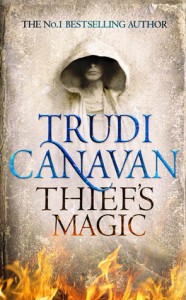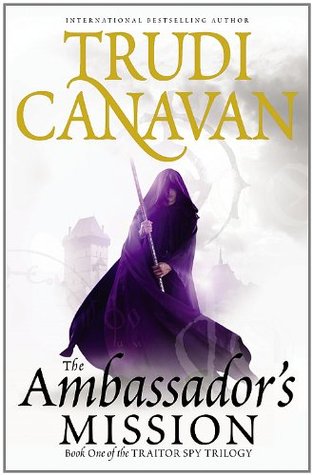Having read two of the five “Best Novel” nominations for the 2015 Ditmar awards, I decided to make my way through the other three. I’ll be posting reviews, but for the record I finished:
- Bound by Alan Baxter;
- Thief’s Magic by Trudi Canavan; and
- Clariel by Garth Nix.
I’ve just started an Archie Weller novel, but it is a bit heavy going. Hopefully I’ll get the hang of the language soon.
Game of Thrones started again, but I haven’t watched any of it. Don’t spoil it for me. Seriously.
I did however manage to see the series Agent Peggy Carter from the good people at Marvel. Really liked the setting and the 1950s vibe. With the high tech gizmos that fill the other Marvel Cinematic Universe offerings, there is something refreshing about getting back to some simpler material. The acting is good and some interesting takes on sexism and other gender related issues. I liked the fact that it was only 8 episodes long – kept the story tight and moving at a fair clip. Hope we see more in the future.
Speaking of TV, I also watched a series on Foxtel called The Librarians. It has sort of a Warehouse 13 vibe going for it – the Library collects magical artefacts and stores them away. A bit simplistic in parts, but it is one that I can watch with the kids which is always a bonus. I had the feeling I’d missed some backstory, and a little bit of research told me that the series was based on a series of three “Librarian” movies produced in the 2000s. We had to immediately track them down, and having watched the first two they are indeed as cheesy as I expected. Still, anything that avoids my 600th watching of Frozen gets my vote at the moment.
12 Monkeys is definitely not a show to watch with the kids. I’ve only watched the first couple of episodes, but seems OK. Will give it a couple more before making a final thumbs up/thumbs down decision.
So, should I get Netflix? Pretty much it is only the Daredevil series that is attracting me, but given the other Marvel series coming down the pipeline I suspect I’m going to cave at some point.
On the writing front, I’m still struggling with the editing phase of Unaligned. To help get my groove back, I’ve started a first draft of the second book in the series and I’m back to writing every night which is good. However, I really need to work out a way to build in some proper editing on the first novel manuscript!





